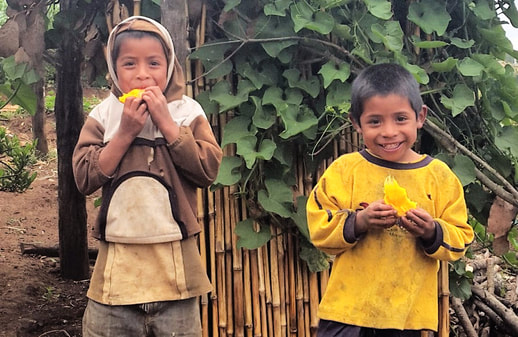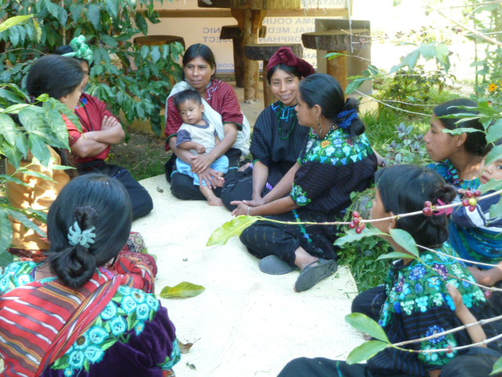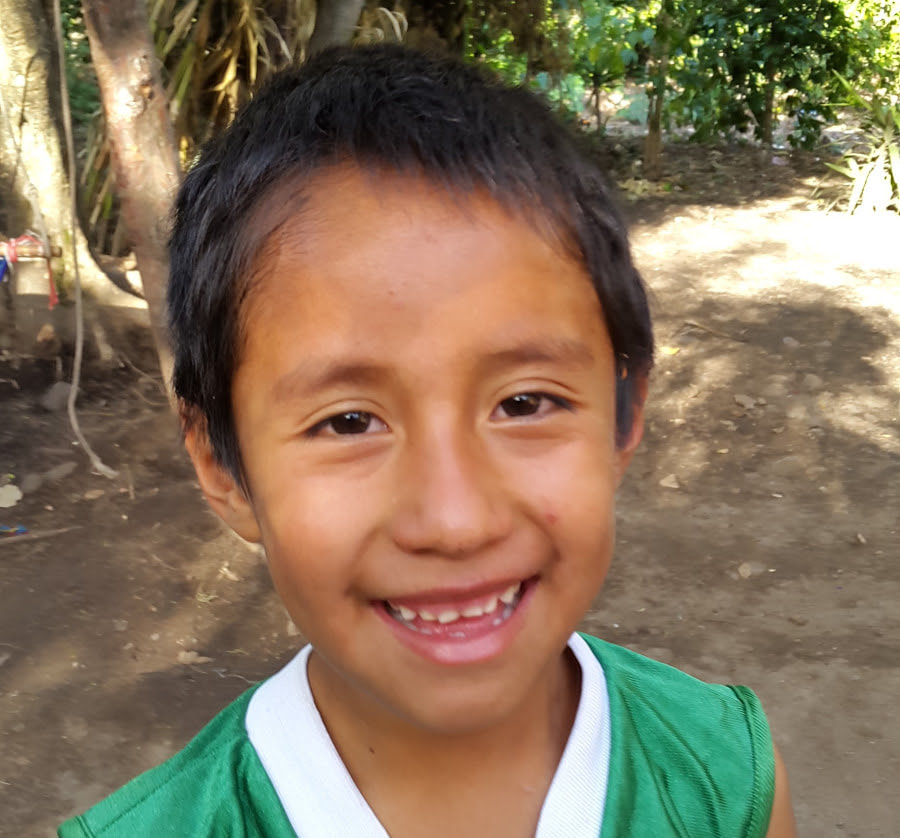EVERYONE, EVERYWHERE DESERVES HIGH QUALITY HEALTHCARE.
1. Indigenous Peoples have the right to their traditional medicines and to maintain their health practices, including the conservation of their vital medicinal plants, animals and minerals. Indigenous individuals also have the right to access, without any discrimination, to all social and health services.
2. Indigenous individuals have an equal right to the enjoyment of the highest attainable standard of physical and mental health. States shall take the necessary steps with a view to achieving progressively the full realization of this right."
-- Article 24, United Nations Declaration on the Rights of Indigenous Peoples
The right to health is an essential human right, but now more than ever, we are seeing that access to quality healthcare is a factor of wealth, race, ethnicity, language, and especially the urban/rural divide. The Mayan Peoples have long been marginalised from access to health services; today that inequality stands to exacerbate the impact of the global health pandemic of COVID-19 in native communities.
To do our part to address this inequality, AMOR is harnessing the power of Mayan medicine- trained Community Health Volunteers (CHVs) to inform rural Mayan communities on prevention strategies for COVID-19, and coordinating a response.
A healthy community is a sustainable community. When children are healthy and well-fed, when they have a safe roof over their heads and a warm bed, they are less likely to miss school or drop out. And when parents are healthy, their family businesses are more likely to thrive. By offering Mayan health education, smoke-free stoves, midwife training, visiting doctor programmes, medical supplies, emergency medical treatment and support for the emergency services to communities where there are no doctors, working closely with regional doctors and national hospitals, we’re empowering families to transform their health and that of their communities.
Yet there is more to health than health services themselves. We also need to ensure that communities have Food Security, Clean Water, Safe Homes and Livelihood Opportunities.
2. Indigenous individuals have an equal right to the enjoyment of the highest attainable standard of physical and mental health. States shall take the necessary steps with a view to achieving progressively the full realization of this right."
-- Article 24, United Nations Declaration on the Rights of Indigenous Peoples
The right to health is an essential human right, but now more than ever, we are seeing that access to quality healthcare is a factor of wealth, race, ethnicity, language, and especially the urban/rural divide. The Mayan Peoples have long been marginalised from access to health services; today that inequality stands to exacerbate the impact of the global health pandemic of COVID-19 in native communities.
To do our part to address this inequality, AMOR is harnessing the power of Mayan medicine- trained Community Health Volunteers (CHVs) to inform rural Mayan communities on prevention strategies for COVID-19, and coordinating a response.
A healthy community is a sustainable community. When children are healthy and well-fed, when they have a safe roof over their heads and a warm bed, they are less likely to miss school or drop out. And when parents are healthy, their family businesses are more likely to thrive. By offering Mayan health education, smoke-free stoves, midwife training, visiting doctor programmes, medical supplies, emergency medical treatment and support for the emergency services to communities where there are no doctors, working closely with regional doctors and national hospitals, we’re empowering families to transform their health and that of their communities.
Yet there is more to health than health services themselves. We also need to ensure that communities have Food Security, Clean Water, Safe Homes and Livelihood Opportunities.
Food Security
|
Guatemala is experiencing a food crisis rooted in longstanding poverty and inequality, the 36-year armed conflict, the global recession, increasing violence, and a degraded natural resource base that is deteriorating at an accelerating rate due to demographic pressures, climate change and a series of natural disasters.
The Peace Accords were signed in 1996, yet the holocaust continues; today, the weapons are poverty, malnutrition, illiteracy, marginalisation and fear. |
Livelihoods
|
VIDA is a people-centred action which strengthens the livelihood systems of women-led families living in extreme poverty in the indigenous communities of Guatemala through developing, strengthening and supporting groups of small producers in farming, weaving and market training, involvement in dialogue, creating infrastructure and strengthening AMOR´s capacity as a facilitator in the area. Our focus is on bringing aid to rural areas devastated by the armed conflict. Our programmes have an underlying theme of preserving Mayan knowledge, environmental stewardship and gender equality, as well as promoting cooperation, dialogue and local ownership.
|





